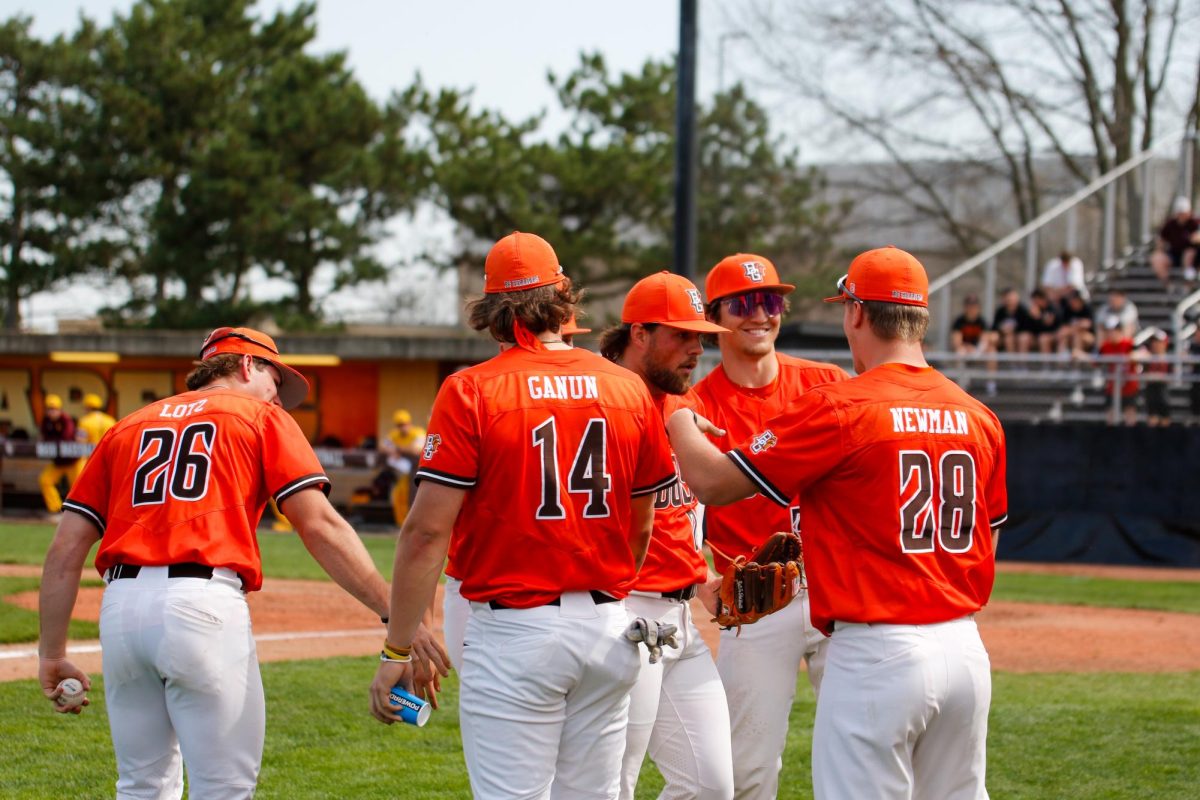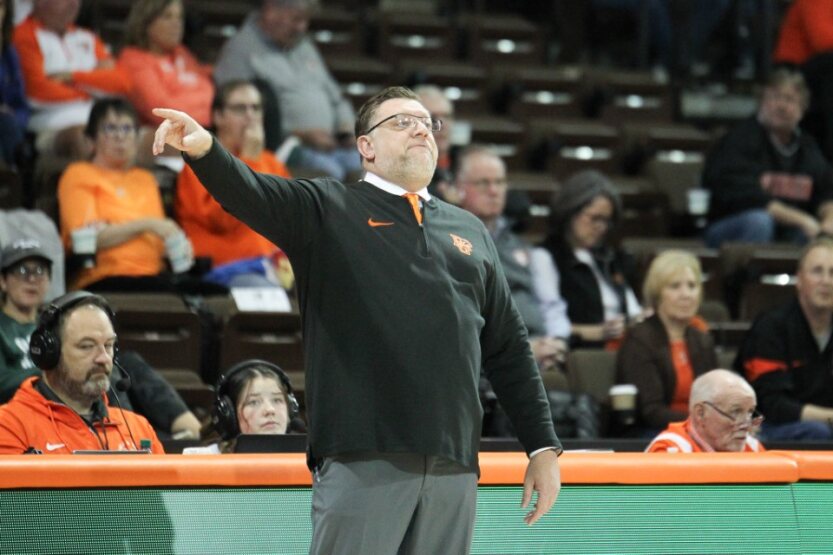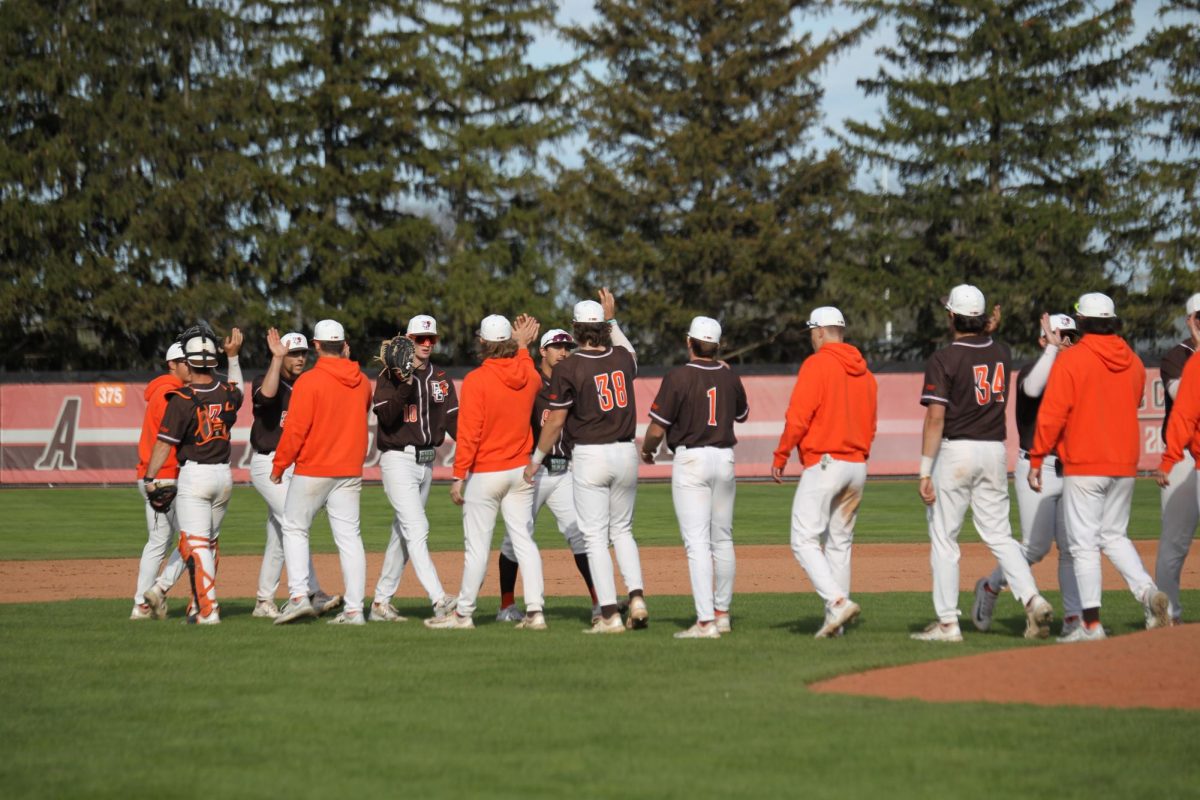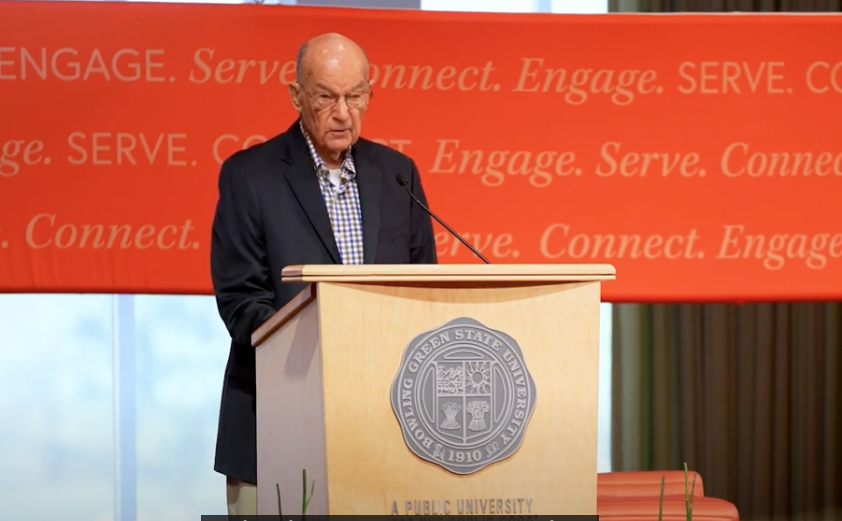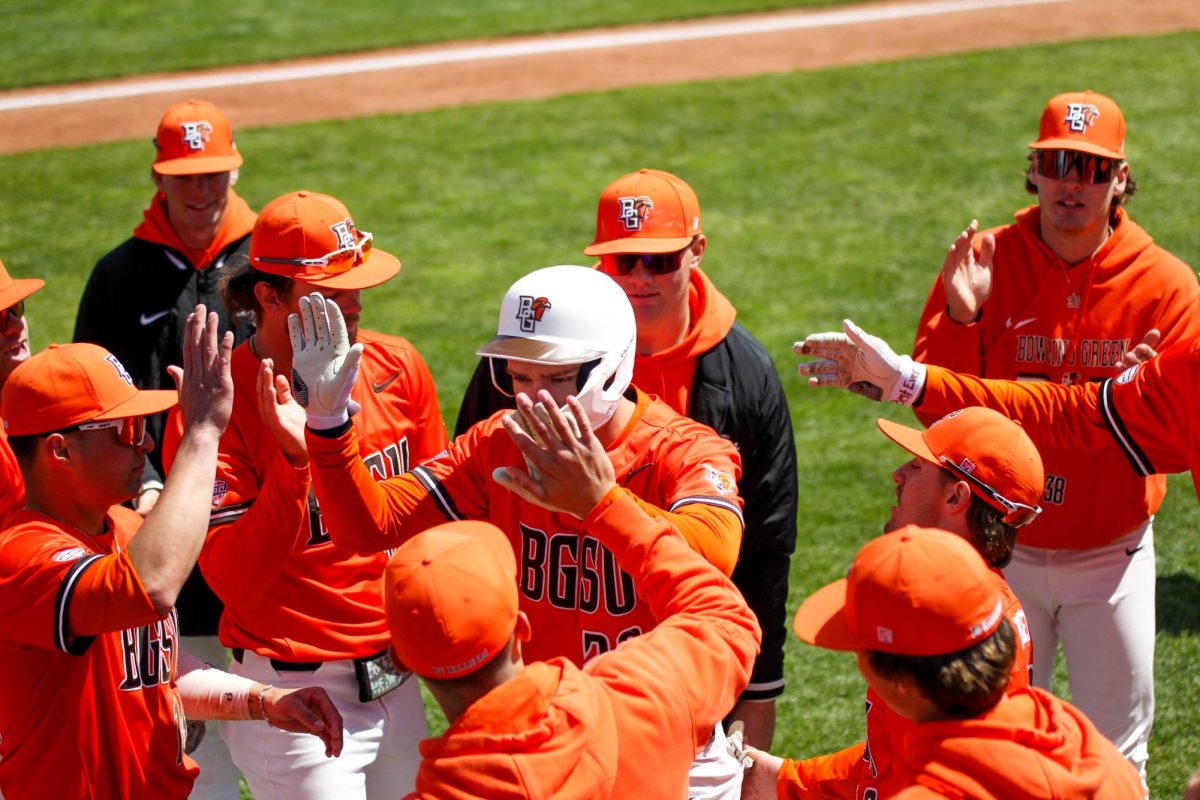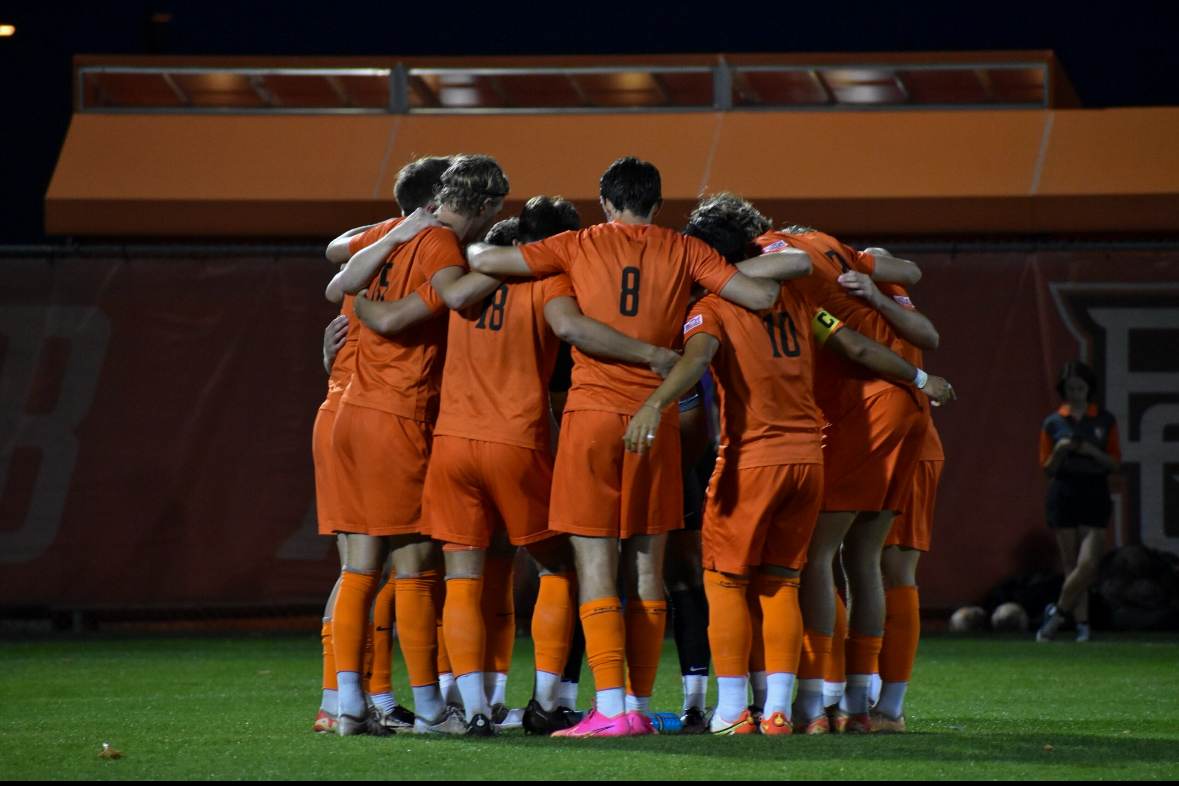ROSEMONT, Ill. – Two days after the most-watched baseball game in 10 years, baseball owners could cut their fan base when they debate whether to eliminate two teams.
Montreal and Minnesota are the chief targets of owners in favor of reducing the number of teams, with Florida also mentioned by some.
As they gathered yesterday, two days after Arizona beat the Yankees 3-2 in Game 7 of a thrilling World Series, many owners said they had no idea whether they would take any action.
A baseball official and a team executive, speaking on the condition they not be identified, said a decision on reducing the number of teams was possible but not definite.
Commissioner Bud Selig had not informed all teams of his plans, many owners said as they walked into the meeting at a hotel near O’Hare International Airport.
Minnesota owner Carl Pohlad was pushing for his team to be eliminated in exchange for a large payment, the team executive said. Twins president Jerry Bell declined comment yesterday.
Selig also hasn’t said whether he favors locking out players before free agents can start signing with new teams on Nov. 20. A lockout, which would be baseball’s ninth work stoppage since 1972, would be a risky strategy for a sport whose average attendance still hasn’t fully recovered from the 232-day strike of 1994-95.
On Monday, management and the union said players and owners had agreed Sept. 17 to extend the sport’s labor contract through Nov. 7, a move made when the regular season was extended by a week following the terrorist attacks in New York and Washington.
The labor contract, signed on March 14, 1997, and retroactive to the 1996 season, originally had a provision that it would expire this Oct. 31 or on the day of the final game of this year’s World Series, whichever was later.
Under U.S. labor law, the provisions of the expired agreement remain in place until there’s either a new deal or the sides bargain to impasse and management imposes new work rules.
Selig and union head Donald Fehr were both at Sunday night’s game. Fehr is waiting for owners to tell players they are ready to start bargaining, but Selig has not said when that will be.
Some teams, especially those in low-revenue markets, favor locking out players. That would cause the labor confrontation to start during the offseason, when no games are affected, rather than during the next season.
But there are no indications Selig has attempted to solicit votes in favor of a lockout. Large-market teams generally are against a lockout because it would cause some season ticket-holders to not renew and could hurt advertising sales for next year.
Owners haven’t met since they gathered June 13 in Pittsburgh. They were to have met Sept. 11 Milwaukee, but that was called off following the terrorist attacks in New York and Washington.
Teams could propose to not lock out players and to not change work rules in exchange for the union giving a no-strike pledge through next year’s World Series. That would ensure another season of labor peace as talks start.
Without such an agreement, teams would be vulnerable to a players’ strike late next season. Players struck on Aug. 12, 1994, about two months after teams proposed a salary cap, and the walkout led to the first cancellation of the World Series in 90 years.
Fehr expects revenue sharing among the teams to be a key issue in the talks. Low-revenue teams want an increase in revenue-sharing money they receive from the large-market clubs, and the union’s agreement is necessary for any change in revenue-sharing rules.
During talks prior to the last labor contract, teams spent about a year negotiating a revenue-sharing plan among themselves, and that proposal was altered during negotiations with the union. Selig also plans to talk to teams about their lack of minority hiring in top-level positions.
Since the end of the season, Houston hired Jimy Williams to replace Larry Dierker as manager, Texas hired John Hart to replace Doug Melvin as general manager and Detroit hired Dave Dombrowski from Florida as team president. All are white.
“I’m not thrilled about it, to say the least,” Selig said Sunday. There are managing spots still open in Florida and Minnesota.





